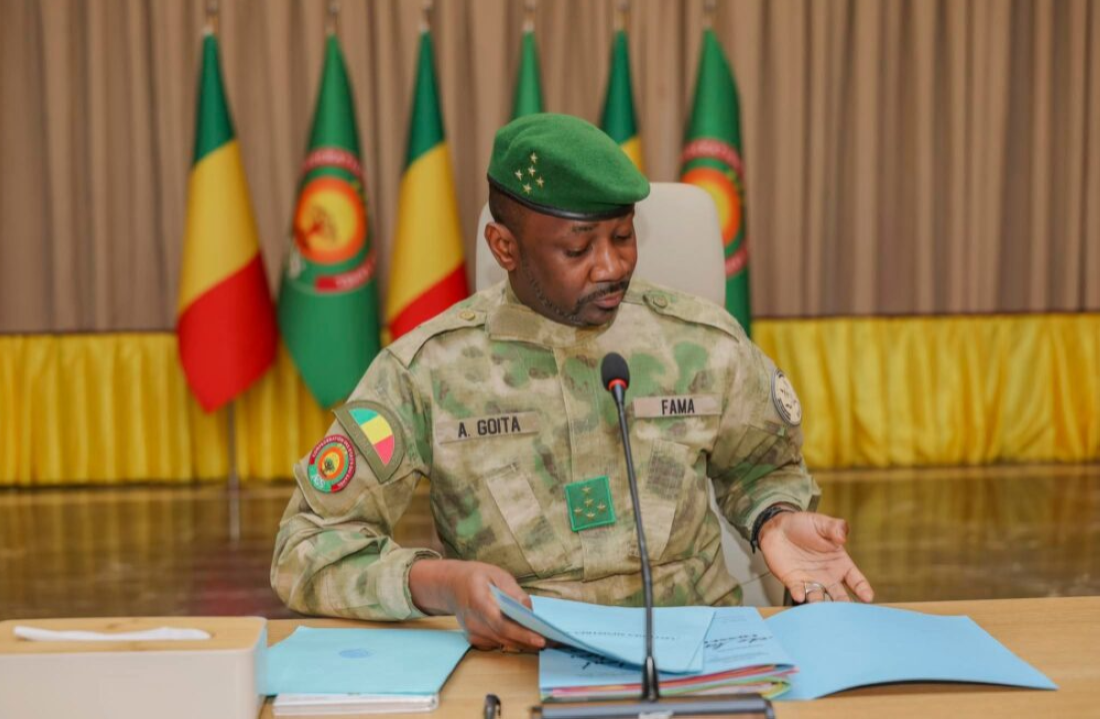The Malian government has adopted a draft bill establishing a renewable five-year presidential term for the head of the Transition, in accordance with the recommendations of the Inter-Malian Dialogue and in line with the models currently in place in Niger and Burkina Faso.
The Council of Ministers of Mali’s transitional government approved, on Wednesday, June 11, 2025, a draft revision of the Transition Charter to introduce a renewable five-year presidential term, without any immediate electoral timeline.
This bill, presented by the Minister Delegate for Political Reforms, follows the April 2025 Inter-Malian Dialogue, which proposed that the head of the Transition assume the role of President of the Republic for a renewable five-year transitional period. It builds on the momentum of the National Refoundation Conferences held in December 2021, which issued 517 recommendations aimed at restructuring the state prior to any electoral process.
The government justifies this direction by citing the need to ensure institutional stability and continue ongoing reforms in a still-fragile security context. A new Constitution was promulgated in July 2023, following its adoption by referendum, laying the legal foundation for this next phase.
This decision is also part of a regional vision driven by the Confederation of Sahel States (AES), which was formalized on July 6, 2024, bringing together Mali, Niger, and Burkina Faso in a defense and political integration pact. These three countries withdrew from the Economic Community of West African States (ECOWAS) in January 2025 to reinforce their sovereignty and promote a shared governance model.
The bill adopted in Mali must now undergo the validation steps outlined in the Transition Charter. It aims to mobilize national consensus, particularly among civil society and the Malian diaspora, while also meeting international expectations regarding transparency and inclusiveness, according to the African Press Agency.











